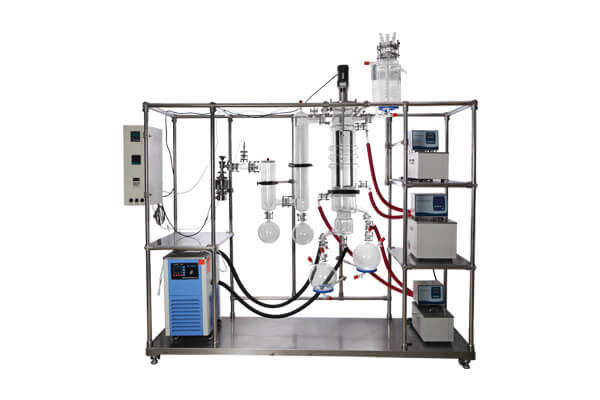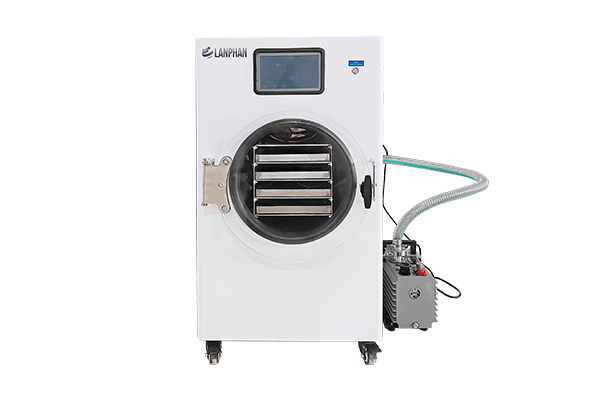Unlocking the Power of Autoclave: Safeguarding Health and Nutrition
When it comes to safeguarding our health and ensuring the integrity of our food, one crucial tool stands out: the autoclave. This unassuming device, often found in medical facilities and food processing plants, plays a vital role in disinfection. But what exactly is an autoclave, and how does it contribute to our well-being? Let’s dive into the world of autoclaves and explore their significance in medical and food hygiene.
Understanding the Autoclave: A Guardian Against Contamination
At its core, an autoclave is a specialized piece of equipment designed to sterilize objects using high-pressure steam. This process, known as autoclaving, effectively kills bacteria, viruses, fungi, and other pathogens, rendering the treated items safe for use or consumption.
Medical Marvels: Autoclaves in Healthcare
In the realm of healthcare, autoclaves are indispensable. From hospitals to dental clinics, these devices play a crucial role in ensuring the safety of medical instruments and equipment. Imagine undergoing surgery with instruments that haven’t been properly sterilized—it’s a risk no one should take.
Autoclaves eliminate this risk by subjecting medical tools to intense steam at temperatures exceeding 250 degrees Fahrenheit (121 degrees Celsius). This heat, combined with the pressure generated within the autoclave chamber, penetrates even the tiniest crevices of instruments, leaving no room for harmful microorganisms to survive.
Food for Thought: Autoclaves in Food Processing
In the realm of food processing, maintaining strict hygiene standards is paramount. Contaminated food can lead to foodborne illnesses, which pose serious risks to public health. Autoclaves offer a solution by providing a reliable method for sterilizing food containers, packaging materials, and even certain food products themselves.
In food processing plants, autoclaves are utilized to sterilize cans, bottles, and pouches before they are filled with perishable goods. By eliminating any traces of bacteria or pathogens, autoclaving extends the shelf life of food products and ensures they reach consumers in a safe and wholesome condition.
Balancing Act: Ensuring Safety Without Compromise
While autoclaves are powerful tools for disinfection, they must be used with care and precision. Improperly sterilized equipment or undercooked food can have dire consequences for public health. Therefore, it’s essential for operators to adhere to strict protocols when using autoclaves, including monitoring temperature, pressure, and exposure time.
Furthermore, regular maintenance and calibration are necessary to keep autoclaves in optimal working condition. Any malfunction or deviation from standard operating procedures could compromise the effectiveness of the sterilization process, putting both patients and consumers at risk.
Looking Ahead: Innovations in Sterilization Technology
As technology continues to advance, so too do the capabilities of autoclaves. Today, modern autoclaves feature sophisticated controls and monitoring systems that ensure precise sterilization parameters are met. Additionally, there is a growing trend towards the use of eco-friendly alternatives to traditional steam sterilization, such as hydrogen peroxide vapor and ozone gas.
These innovations not only enhance the efficiency of sterilization processes but also reduce environmental impact and energy consumption. By embracing these advancements, healthcare facilities and food processing plants can stay ahead of the curve and uphold the highest standards of safety and hygiene.
Conclusion: Harnessing the Power of Autoclave for a Safer Tomorrow
In conclusion, the autoclave stands as a stalwart guardian against contamination in both the medical and food industries. From sterilizing surgical instruments to safeguarding our food supply, this humble yet powerful device plays a vital role in protecting public health and ensuring the safety of consumers worldwide.
As we continue to navigate the challenges of a rapidly changing world, the importance of autoclaves in maintaining hygiene and preventing the spread of disease cannot be overstated. By harnessing the power of autoclave technology and embracing ongoing innovations, we can create a safer, healthier future for generations to come.
Stay tuned for our next article, where we delve deeper into the fascinating world of sterilization technology and explore the latest advancements shaping the future of healthcare and food safety.


